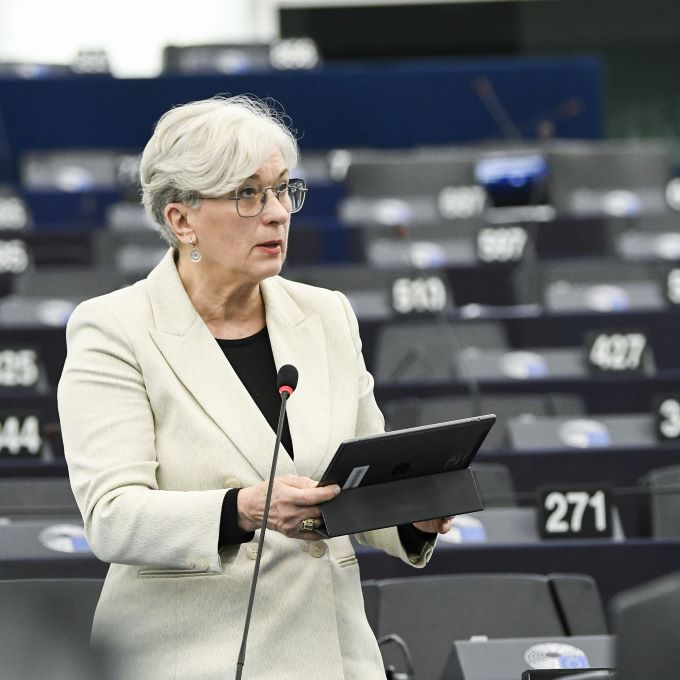On February 20, MEPs agreed to renew Ukraine’s import rates, which have been in place since shortly after Russia’s invasion. MEPs also added protective measures for agricultural products like grain and honey to address the concerns of farmers across the 27-member bloc, who have been protesting in recent weeks.
Farmers are angry at the red tape and competition from cheap imports from third countries. Poland was one of the countries leading the charge against duty-free imports. In February, Polish farmers blocked border crossings with Ukraine. They spilt Ukrainian grain and burned tyres as they protested against the import of Ukrainian foods and European Union environmental policies.
Under the new deal, the EU will renew its temporary suspension of import duties and quotas on Ukrainian agricultural exports to the bloc. This suspension was granted in 2022 to support Ukraine in the war against Russia. However, it comes with a reinforced safeguard. It will force the EU’s executive arm, the European Commission, to reintroduce tariff-rate quotas if poultry, eggs, sugar, oats, maize, groats and honey imports surpass the average volumes imported in 2022 and 2023. This solution would limit cheap imports of those goods to keep domestic farmers competitive in the market for such staples. The contingency initially covered poultry, eggs, and sugar, but it was later extended to oats, maize, groats and honey. MEPs said they also attained firm commitments from the Commission to take action if there is a surge in Ukrainian imports of wheat.
The European Parliament and member countries must formally approve the deal. If approved, the deal will enter into force in early June and extend to June 5, 2025.
Parliamentary rapporteur Sandra Kalniete said the deal balanced the need to stand by Ukraine and preserve EU farmers’ interests.
“The deal is proof that we will continue to support Ukraine until it is victorious. Russia’s targeting of Ukraine and its food production also affects EU farmers. The Parliament has heard their concerns. As well as extending the trade measures, MEPs today also backed safeguards to alleviate the pressure on EU farmers should they be overwhelmed by a sudden surge in Ukrainian imports. A good balance has been struck between continued support for Ukraine and the necessary protection of our markets,” said Kalniete, the European Parliament’s lead negotiator on Ukraine’s Autonomous Trade Measures (ATMs).
“Russia’s targeting of Ukraine and its food production also impacts EU farmers,” she said. “The Parliament heard their concerns, and bolstered safeguard measures that would alleviate the pressure on EU farmers should they be overwhelmed by a sudden surge in Ukrainian imports.”

